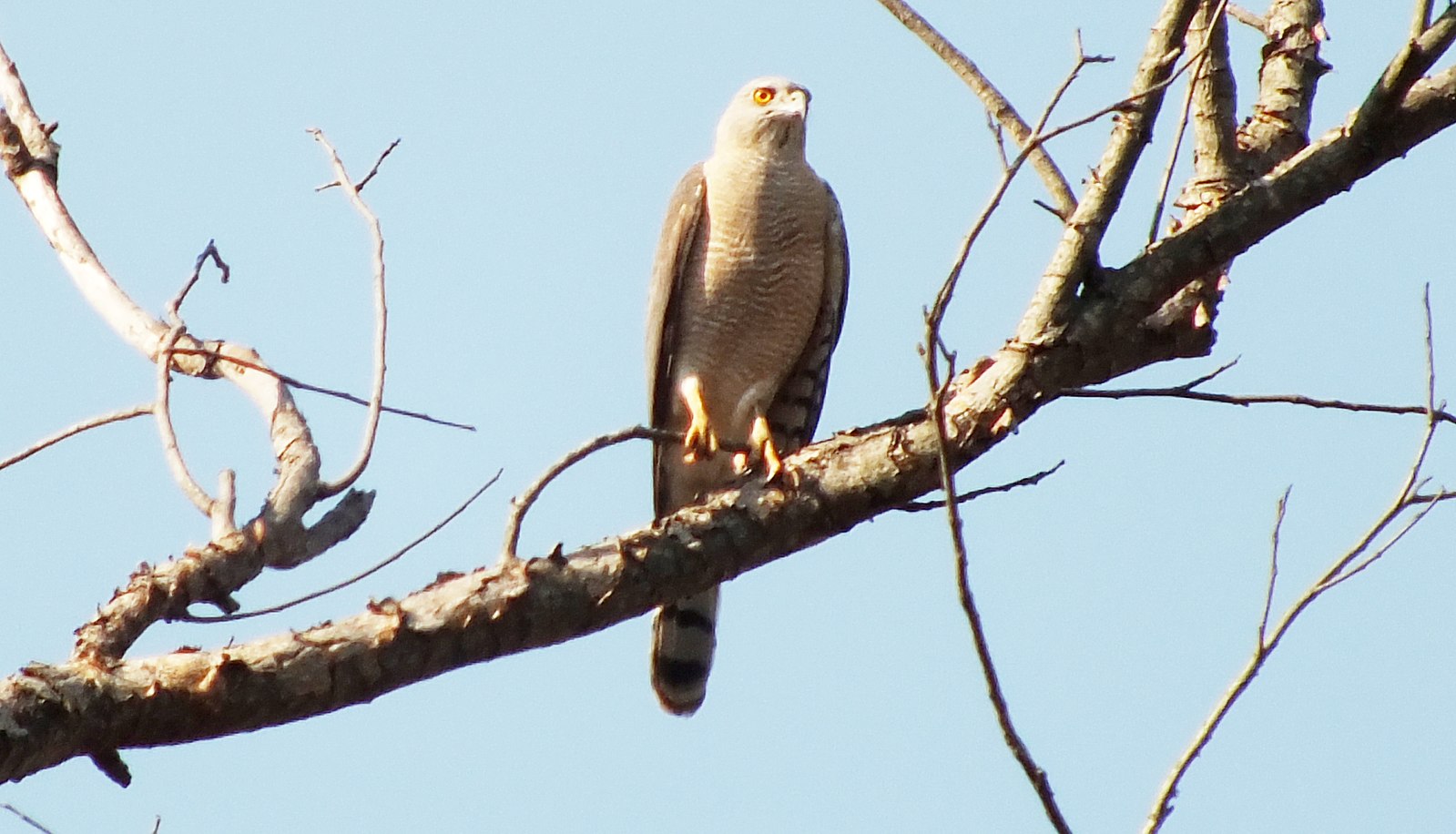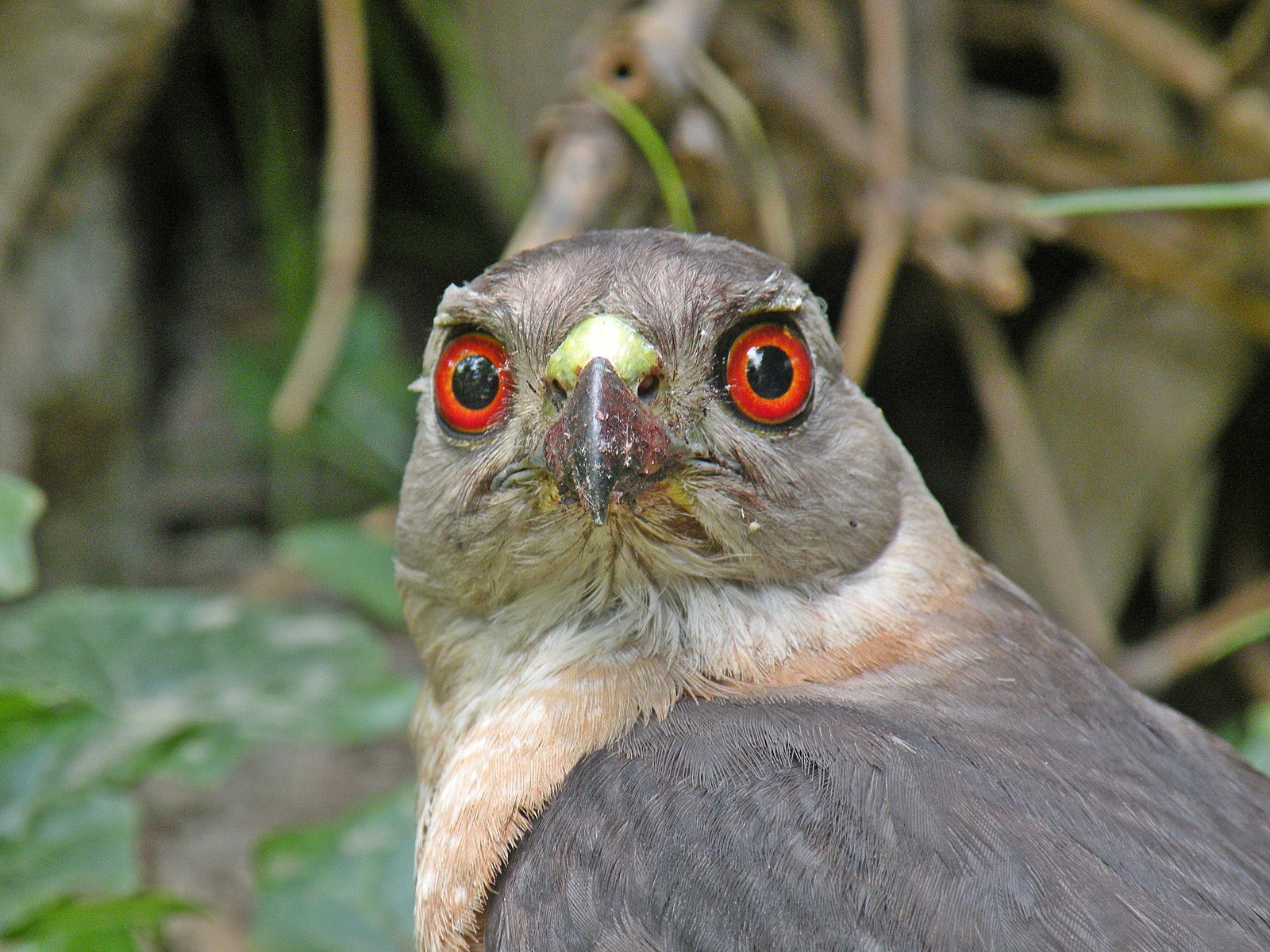Do Shikras Mate for Life?
Roy
Do Shikras Mate for Life?
Shikras, also known as Accipiter badius, are a species of hawk found in Asia and Africa, including India. These birds are known for their great courage, intelligence, and skilled hunting abilities, making them a popular choice for falconry. One of the most intriguing aspects of shikras is their mating behavior, as they are known to … Read more


